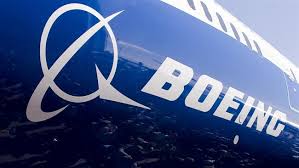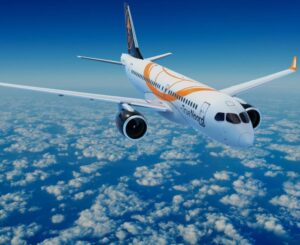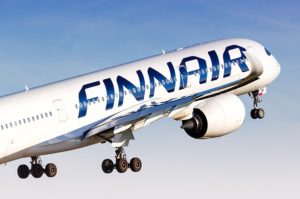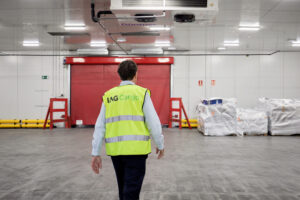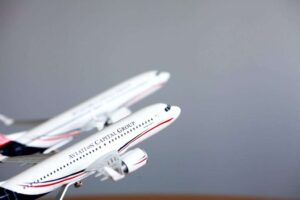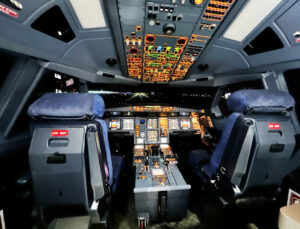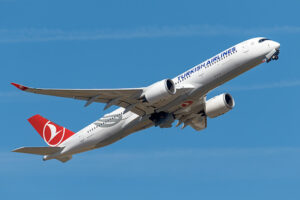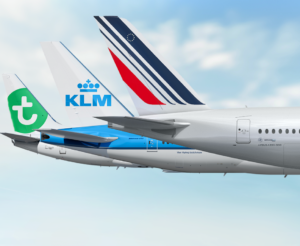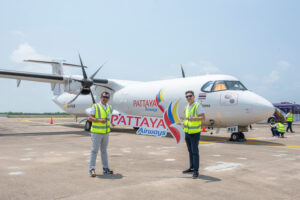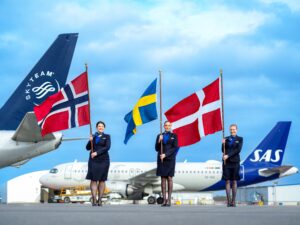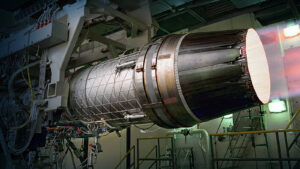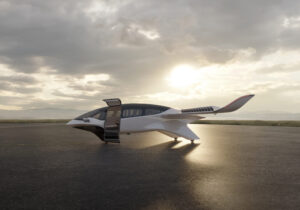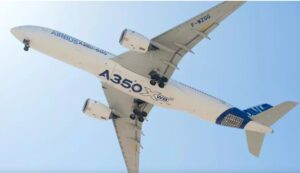Boeing has forecast steady growth and greater sustainability for Europe’s commercial aviation fleet over the next 20 years, as the vast majority of the existing fleet is replaced with more fuel-efficient models. Enabled by low-cost carriers and a rapidly expanding leisure travel market, European carriers will need 8,705 new airplanes valued at US$1.46 trillion (€1.25 trillion/£1.1) trillion through 2040, according to the 2021 Commercial Market Outlook (CMO), Boeing’s long-term forecast of demand for commercial airplanes and services.
Global and regional air travel markets are recovering largely as Boeing projected last year. Demand for air travel within Europe is leading the recovery as health and travel restrictions ease, followed by long-haul travel’s return to pre-pandemic levels by 2023 to 2024.
Reducing aviation’s carbon footprint remains a top priority for Boeing and for carriers in the European market. For short-haul routes, European airlines are expected to further invest in new, higher-capacity single-aisle models that reduce fuel use and emissions. For long-haul fleets, airlines are projected to leverage new-generation wide-bodies, such as the 787 and 777X, that significantly improve efficiency. By 2040, 90% of Europe’s current fleet will be replaced with more fuel-efficient models, outpacing the global replacement share of 80%, according to the CMO.
“While Europe was significantly impacted during the pandemic, coordinated policies within the region have unlocked significant pent-up demand for air travel, resulting in an accelerating recovery,” said Darren Hulst, Boeing Vice President, Commercial Marketing. “Single-aisle airplanes will initially be the main driver in expanding capacity to meet demand in the region. In the long-haul segment, we see tremendous opportunity for carriers to replace older, less efficient aircraft with more versatile twin-engine models that reduce fuel use, CO2 emissions and noise.”

